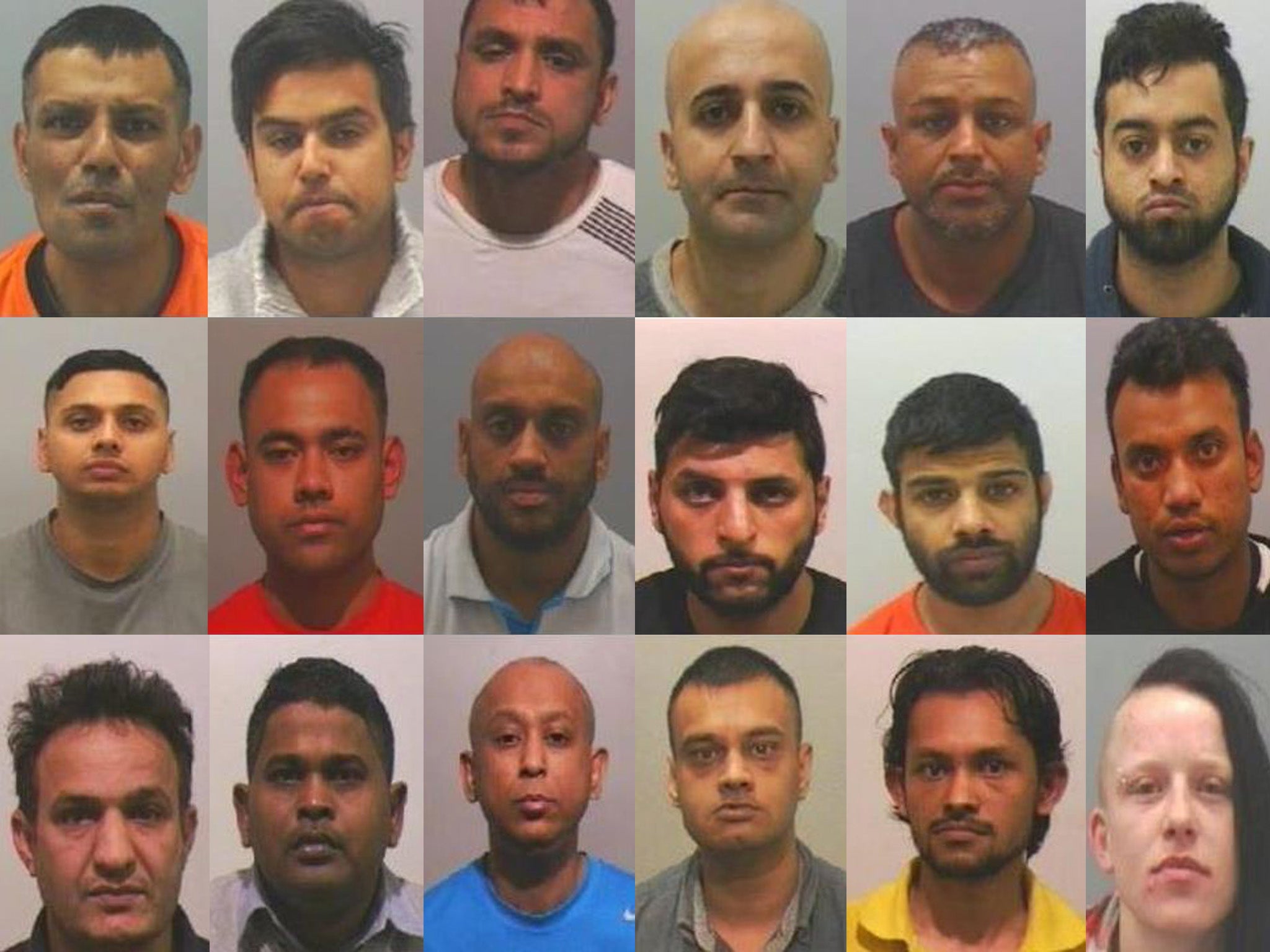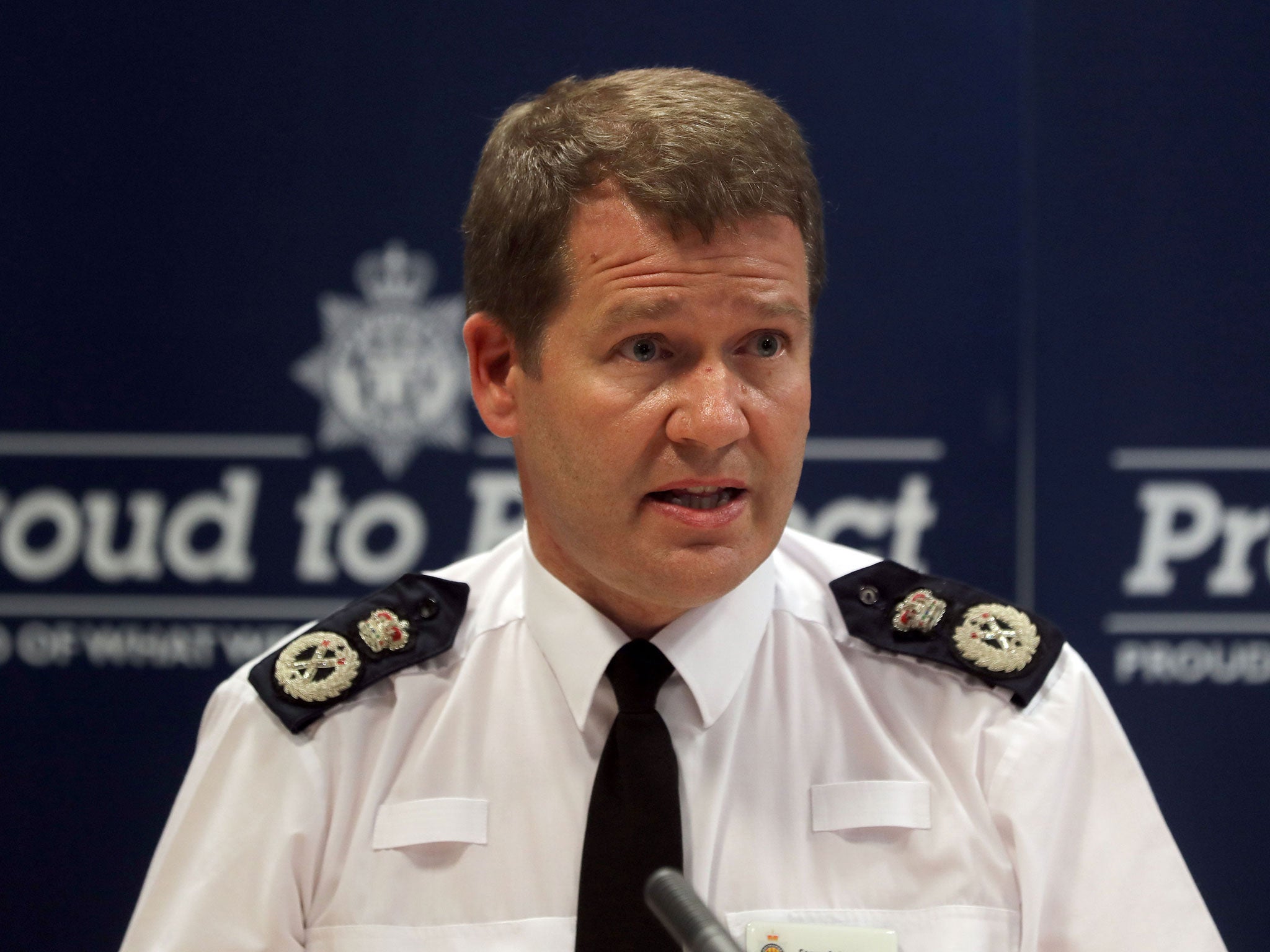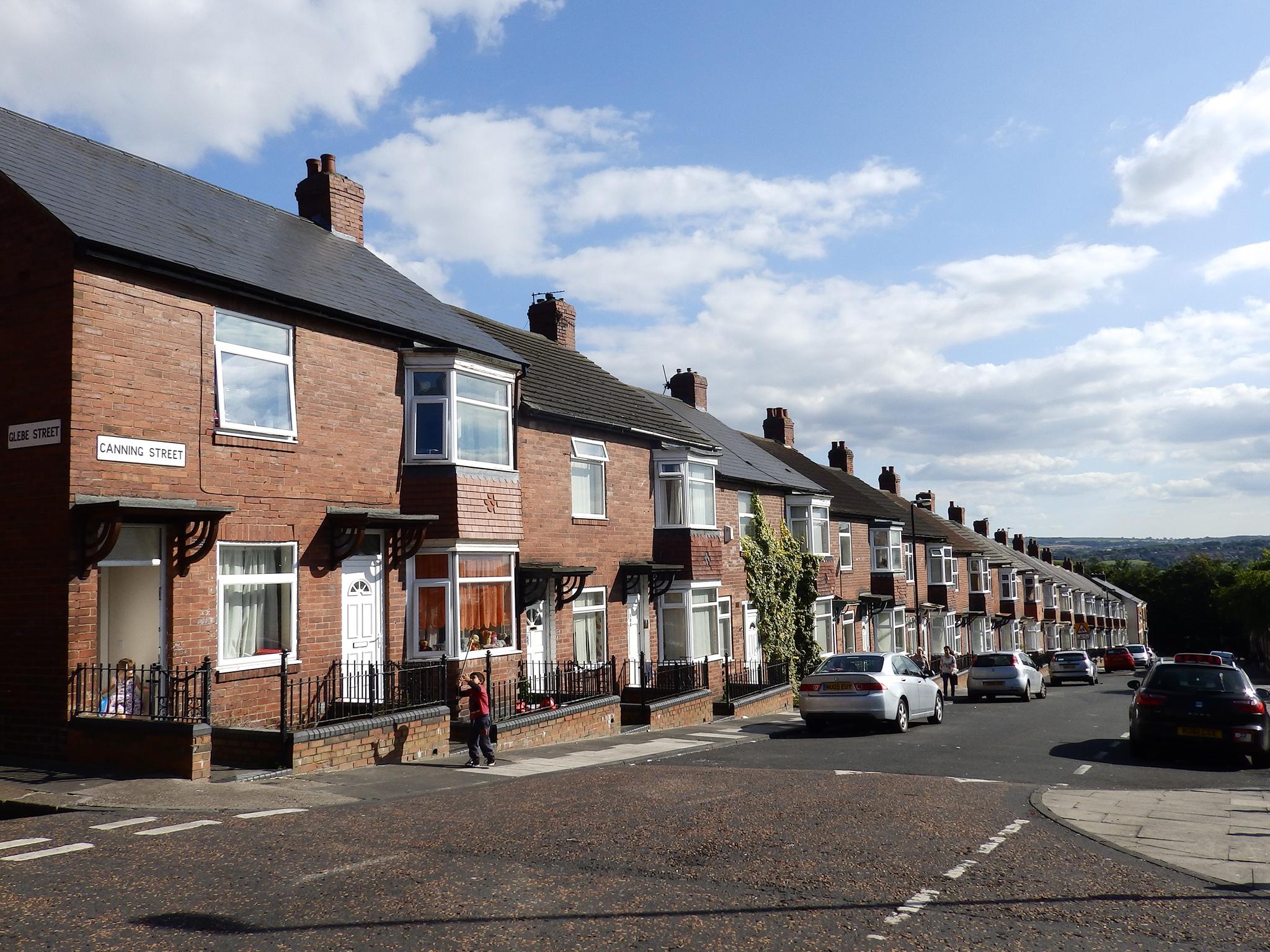Solicitor General calls for longer sentences for grooming gangs who target white girls
Solicitor General says more severe punishments can be imposed for abuse with ‘racial hostility’

Courts must hand more severe punishments to grooming gangs found to target their victims by race, one of the Government’s most senior legal advisors has said.
Robert Buckland QC, the Solicitor General, said existing powers can be used to lengthen prison sentences for abusers such as the 18 predominantly Asian defendants convicted in Newcastle this week.
“The law does not discriminate,” he told The Telegraph.
“When it talks about sentencing increases for racial aggravation it doesn’t cut one way, it cuts all ways.
“Where there is a racial element in sexual abuse cases,the law is clear that courts can apply a sentencing uplift. Racial aggravation should be front and centre in cases where there is evidence of racial hostility or motivation.”
He spoke amid calls for sentences handed to the Newcastle gang, which assaulted girls and young women in a four-year campaign of sexual exploitation, to be reviewed by the Attorney General.
One member, Badrul Hussain, had called white women “trash” during a rant at a female ticket inspector who found him travelling on public transport without a ticket in 2014.
“All white women are only good for one thing,” he shouted. “For men like me to f*** and use like trash. That’s all women like you are worth.”
Hussain, 37, was convicted of drug supply and allowing his home to be used for so-called “sex parties” where mainly white British girls were abused.
He is awaiting sentence, while other members of the gang have already been jailed for between 16 months and 10 years, but there was no mention of racial motives in the judge’s sentencing remarks.
According to guidance issued by the Sentencing Council, sections of the Crime and Disorder Act 1998 give judges the power to increase sentences if the “offender demonstrates hostility towards the victim based on his or her membership of a racial or religious group, or if the offence is racially or religiously motivated”.
A recent precedent was set in 2015, when child abuser Jamal Muhammed Raheem Ul Nasir was given a longer sentence because his victims were Asian and their families had suffered “cultural shame”.
Conservative MP Mike Penning, a former justice and defence minister, said he has written to Attorney General Jeremy Wright questioning whether the sexual exploitation exposed in the north-east should be treated as “a race-hate crime”.
The former Director of Public Prosecutions, Lord Macdonald, also argued the grooming should be treated as a “profoundly racist” crime, telling BBC Radio 4’s Today programme there was “a major problem in particular communities” of men viewing young white girls as “trash regarded as available for sex”.

The head of Northumbria Police, which led the three-year investigation, said it was an “inescapable fact … that most of the offenders are not white” but emphasised they came from diverse backgrounds including Pakistani, Bangladeshi, Iranian, Iraqi, Kurdish, Turkish, Albania and Eastern European.
Chief Constable Steve Ashman said it was for all communities to tackle the attitudes and behaviour enabling sexual exploitation.
“We’re not politically correct,” he told The Independent. “I don’t care about the background of individuals – we find them, we arrest them and we put them behind bars.”
Ewen Weir, who is responsible for social services at Newcastle City Council, said it was “oversimplistic” to attribute the attitudes underpinning the abuse to one group.
“It’s not right to oversimplify this because there are men from all sorts of backgrounds, including white men, in this,” he added.
“In terms of religion, I’ve seen no evidence personally that it is a big driver.”
The Home Secretary also said the abusers were “not restricted to any single ethnic group, religion or community”, but added: “Political and cultural sensitivities must never be allowed to get in the way of preventing and uncovering it.”

Chi Onwurah, the Labour MP for Newcastle Central, warned that anyone seeking to use the abusers’ Asian or Muslim backgrounds to create division were putting other girls at risk, adding: “Assuming that grooming and child abuse is prevalent in one group helps potential abusers hide in plain sight if they are not part of that group.
“Crimes of sexual exploitation can be and are committed by members of all communities and indeed it remains regrettably true that sexual abuse is most likely to come from within the family circle.”
Members of the Newcastle gang abused more than 100 vulnerable women and girls, meeting them on social media, at so-called “sex parties” or even preying on them in the street under the pretext of offering a warm car or safe place to say.
Victims were offered money, alcohol and drugs including cocaine and mephedrone before being forced or coerced into sex, or becoming incapacitated and waking up to realise they were being raped.
Some originally believed they were in loving relationships with defendants and said they initially had sex with their friends out of a sense of “loyalty”, while others were beaten, threatened or locked in rooms if they refused.
The gang was caught by Operation Shelter, which was a smaller part of a larger investigation covering sexual exploitation in Tyne and Wear and Northumberland codenamed Operation Sanctuary.
That has identified more than 700 potential victims since 2014 and resulted in the conviction of 93 people jailed for more than 300 years.
